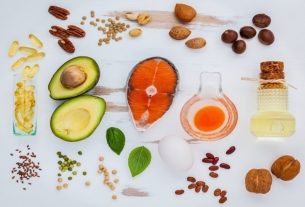Alkalizing foods are those that, during digestion, produce alkaline residues that balance or reduce metabolic acidity, which is the acidity produced in the body and eliminated through urine. These foods can protect the body against inflammation and oxidative stress, helping to avoid situations such as diabetes, heart attack or cancer, for example.
It is important to note that alkalizing foods do not necessarily need to have an alkaline pH. They are classified as alkalizing, as their digestion produces alkaline residues that balance or reduce metabolic acidity.
Alkalizing foods such as fruits, vegetables and spices are rich in antioxidants, fiber and vitamins, promote health and help prevent diseases such as diabetes, high blood pressure or cancer. However, there is still no scientific proof that alkalizing foods cause changes in the body’s pH.
The main alkalizing foods are:
1. Fruits
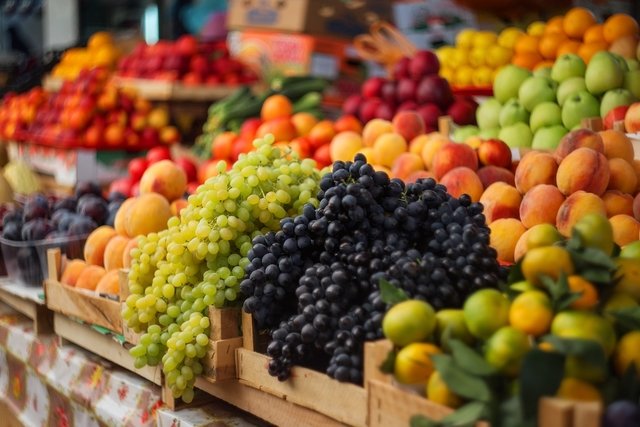
All fresh fruits, such as avocado, orange, grapes, watermelon, melon and apple, are foods rich in fiber and antioxidants, in addition to helping to correct the body’s pH. Furthermore, fruits also improve bowel function, increase satiety and prevent diseases such as obesity, heart attack and high blood pressure, for example. Discover some fruits rich in fiber.
Although fruits such as lemon or orange have an acidic pH, they do not acidify the body. During digestion, the acidity of fruits is neutralized by stomach acid, which is stronger than the acid in the food. Therefore, acidic or citrus fruits do not interfere with the body’s acidity, being considered important alkalizing foods. See other health benefits of citrus fruits.
How to use: fruit consumption should be daily, in at least 3 meals, which can be breakfast, morning snack and afternoon snack and preferably whole, unpeeled and fresh.
2. Vegetables
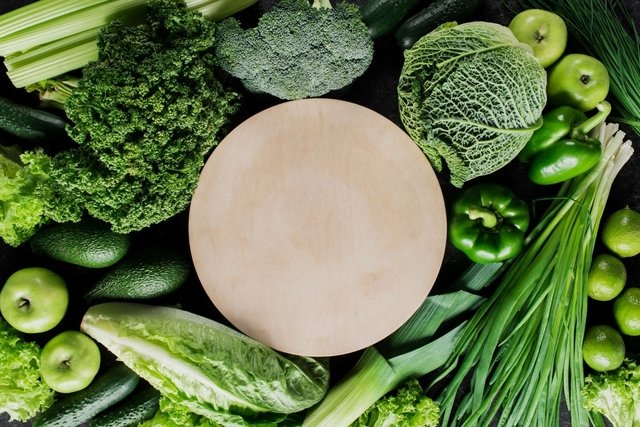
Fresh vegetables, such as asparagus, lettuce, tomato, garlic, cauliflower, cucumber, carrot, spinach, broccoli and potato, are alkalizing foods as their digestion helps to reduce acid waste in the body, preventing the onset of diseases such as diabetes or atherosclerosis.
Because they contain antioxidant functions, vegetables allow cells to be protected and healthier, helping to prevent the appearance of cancer and premature skin aging. Discover other foods rich in antioxidants.
Furthermore, vegetables are rich in fiber, also contributing to the prevention of constipation and increasing satiety.
How to use: Vegetable intake should be daily and can be included in lunch and dinner, with fresh vegetables being a priority.
3. Vegetable fats
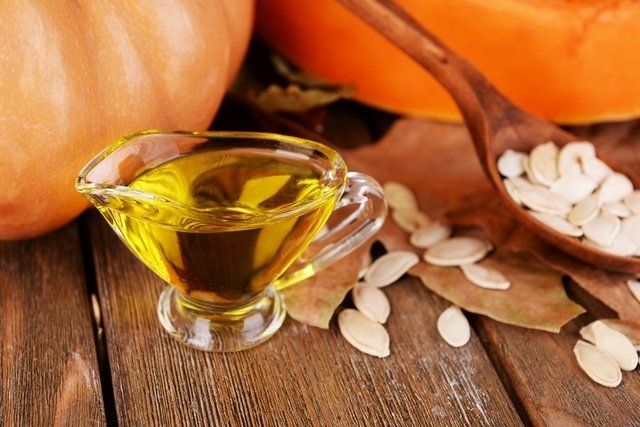
The vegetable fats present in foods such as nuts, chestnuts, flaxseeds, pumpkin seeds and extra virgin olive oil are alkalizing nutrients, as they help to neutralize or reduce the production of acids in the body.
It is important to highlight that, to be considered alkalizing, vegetable oils must be minimally processed, choosing cold-pressed oils. Discover more health benefits of olive oil.
How to use: The intake of vegetable fats in your diet should be daily, at lunch, dinner or small meals.
4. Herbs and spices
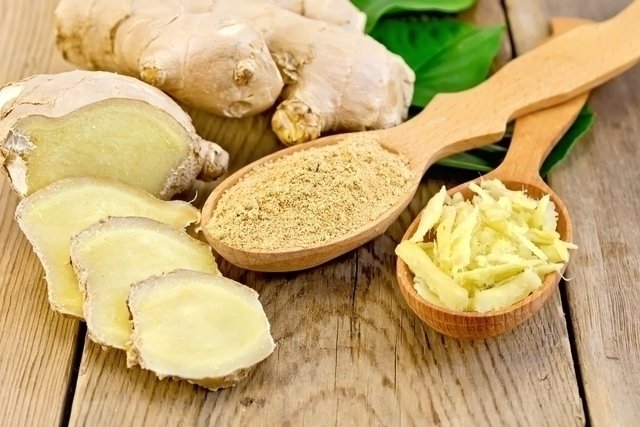
Herbs and spices in general, such as turmeric, cinnamon, pepper, ginger, mint or basil, are foods rich in antioxidants and minerals, such as potassium and magnesium, which help balance metabolic acidity, helping to preserve muscles and prevent diseases such as high blood pressure or obesity.
In addition to having the potential to lower the body’s pH, herbs and spices have anti-inflammatory properties, which can be useful in treating inflammatory diseases such as rheumatoid arthritis.
How to use: Spices and herbs can be used daily to season food, in snacks and in the form of teas, as in the case of mint tea or lemon balm tea. Discover other types of teas and how to prepare them.
Difference between alkalizing and acidifying foods
Unlike alkalizing foods, acidifying foods can increase the elimination of acidic waste in the urine, generate oxidative stress and contribute to the onset of diseases such as cancer and high blood pressure, for example.
Some of the acidifying foods are legumes, cheese, meat, fish, eggs, and processed foods, such as soft drinks, instant noodles or ice cream, which cause an increase in acid residues in the urine. See the list of the main acidifying foods.
How foods can affect the body’s pH
Food is important for maintaining the body’s pH, as during digestion, it can contribute to increasing or reducing the production of acidic waste in the body.
The digestion of alkalizing foods contributes to reducing the excretion of minerals such as calcium through urine, which protects the kidneys against the formation of kidney stones, prevents bone injuries and loss of muscle mass, for example. Therefore, the intake of alkalizing foods must be daily.
Acidifying foods, such as ice cream, soft drinks, foods rich in protein, such as meat, eggs and cheese, and refined sugar, increase the body’s acidity, which can lead to inflammatory diseases and cancer, and it is important to consume them in moderation.
There are still no studies that prove the relationship between the intake of alkalizing or acidifying foods on health. Therefore, it is essential to consult a nutritionist, who will carry out an assessment of your diet and health history, in order to plan a more appropriate diet.
Healthy recipes with alkalizing foods
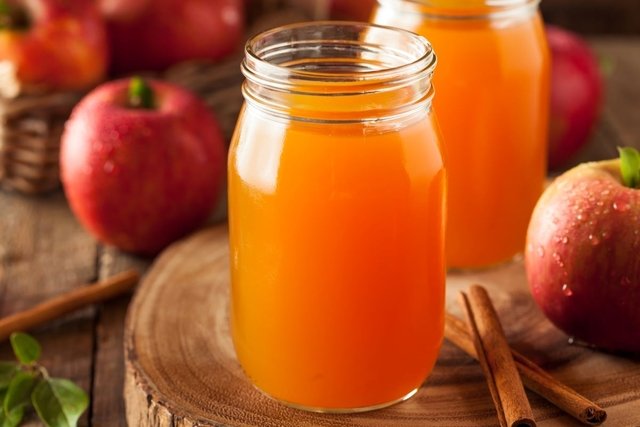
Alkalizing foods can be consumed in healthy recipes, alone or together with other foods, such as:
1. Apple, orange, ginger and cinnamon juice
Juices prepared with alkalizing foods such as fruits, ginger and cinnamon can be a good option for snacks.
Ingredients:
- 1 apple;
- 1 orange;
- 100 ml of water;
- 1 teaspoon of ginger;
- 1 teaspoon of cinnamon.
Preparation mode:
Wash the fruits and remove the orange peel. Cut the two fruits into cubes, place all the ingredients in the blender and mix until a homogeneous mixture is obtained.
2. Spinach sautéed with carrots, broccoli and garlic
Sauteed vegetables are a healthy way to consume alkalizing foods.
Ingredients:
- 150g of spinach;
- 1 small carrot;
- 100 g of broccoli;
- 2 garlic cloves;
- 2 tablespoons of extra virgin olive oil;
- 1 pinch of salt;
- Season to taste with black pepper.
Preparation mode:
Cook broccoli in a pan. When they are al dente, remove from the water and cut into four parts. Wash and grate the carrot. Chop the garlic and sauté in olive oil in a frying pan. Place over medium heat and add the carrot and broccoli. Wash and add the spinach to the pan. Season with salt and black pepper and let cook for about 5 minutes.

Sign up for our newsletter and stay up to date with exclusive news
that can transform your routine!
Warning: Undefined array key "title" in /home/storelat/public_html/wp-content/plugins/link-whisper-premium/templates/frontend/related-posts.php on line 12
Warning: Undefined array key "title_tag" in /home/storelat/public_html/wp-content/plugins/link-whisper-premium/templates/frontend/related-posts.php on line 13



